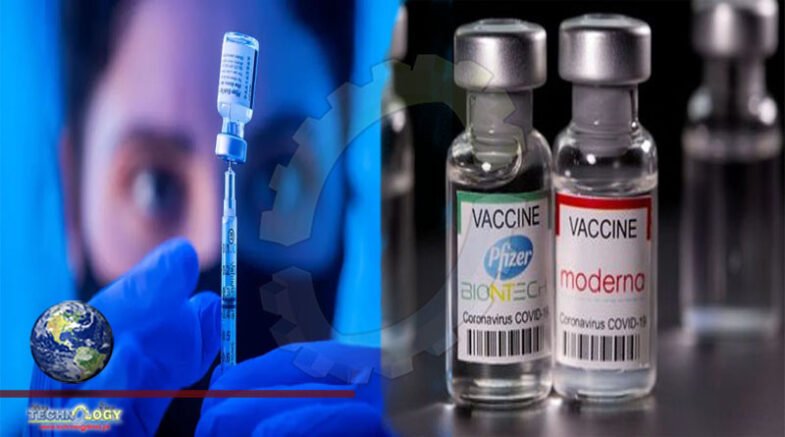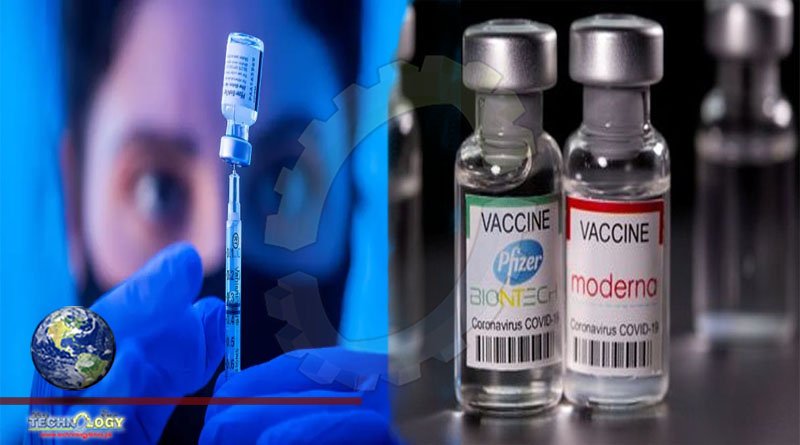New European supply deals show Pfizer and Moderna have increase prices but Pfizer company provide to lower-income countries at low cost.

Under a new supply deal, both Pfizer and Moderna have increased the price of their mRNA-based COVID-19 vaccines in Europe.
According to portions of the contracts seen by the FT, Pfizer’s vaccine will now cost €19.50 per dose, up from €15.50 previously. Moderna will charge $25.50 per dose, an increase from its former cost of €19.
Pfizer and BioNTech are using tiered pricing to supply their vaccine, according to comments made by Pfizer CEO Albert Bourla at the European Commission’s Global Health Pre-Summit in May.
Bourla said: “We took this approach because we believe that equity doesn’t mean we give everyone the same.” The tiered system sees wealthier countries pay “about the cost of a takeaway meal for each dose”, while middle-income countries pay roughly half that price, the CEO said at the time. He added that Pfizer hopes to provide the vaccine to lower-income countries at cost.
Pfizer’s latest supply deal with the EU will see the company deliver 1.8 billion doses of its vaccine until 2023. Pfizer and BioNTech aim to start providing Europe with 900 million doses in December 2021, with Europe having the option to receive up to 900 million additional doses in the future.
Globally, Pfizer and BioNTech have estimated they will manufacture 3 billion doses by the end of 2021, with 2.1 billion of these being delivered by that point.
In June, Moderna announced a new agreement with subcontractor Lonza to increase manufacturing of its COVID-19 vaccine at the company’s Geleen site in the Netherlands. The new contract will enable Moderna to produce around 300 million doses each year, beginning at the end of 2021.
Last month, PMLiVE reported on an Israel study which suggested that the Pfizer/BioNTech vaccine is less effective than previously indicated against the Delta variant. The data suggested that the vaccine is 64% effective at preventing infection caused by the Delta variant after two doses, as opposed to the 94% effectiveness previously reported by the Israeli Health Ministry.
